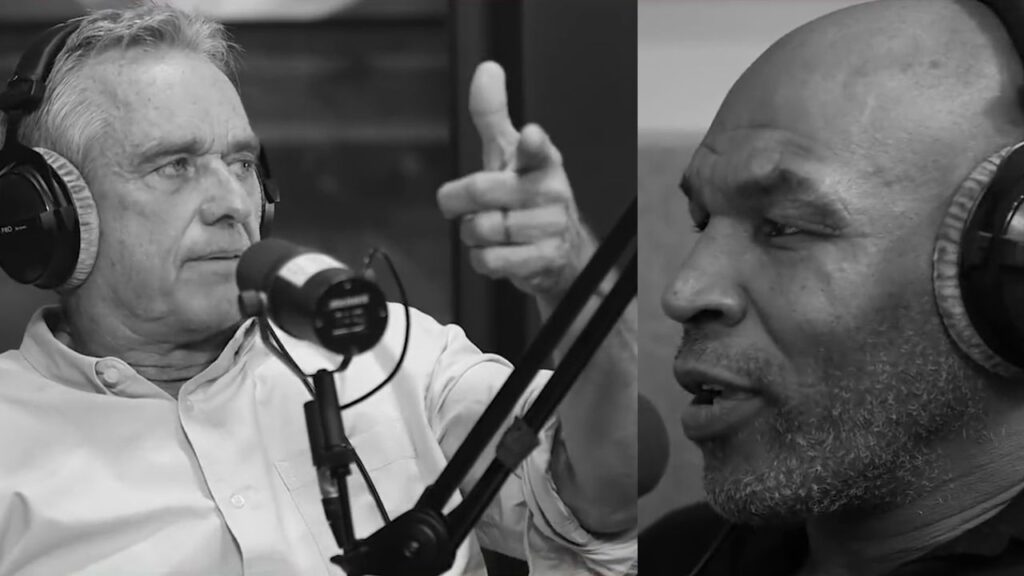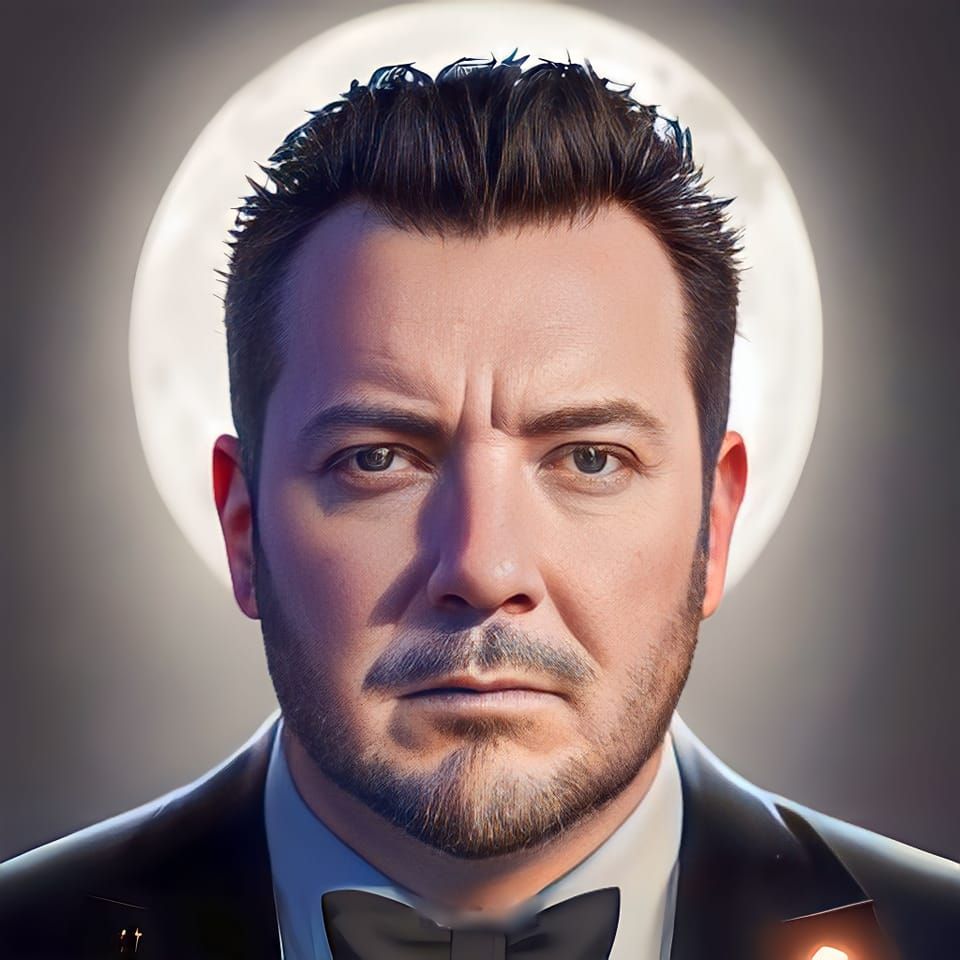Listen closely. What if the threads of the past, braided together, unearthed a buried truth that forever alters the fabric of our history? Imagine the shockwave of finding out that the CIA, our own protector, allegedly assassinated a presidential hopeful. Yes, you read that right. Robert F. Kennedy Jr. spilled this bombshell on Mike Tyson’s podcast: His father, the beloved RFK, was potentially silenced by the very agency meant to uphold our democracy. This jaw-dropping revelation, if proven, unravels a dark, hidden chapter of American history.
The podcast began like any other. Robert F. Kennedy Jr., a renowned environmental lawyer, sat down with Mike Tyson to discuss life, politics, and his father’s legacy. As the conversation deepened, RFK Jr. took listeners down a shocking path. He began to share unsettling details surrounding his father’s assassination in 1968. According to him, it was not a lone gunman who took RFK’s life; rather, it was the work of the Central Intelligence Agency (CIA), a startling accusation against the government agency.
RFK recently went on a podcast with Mike Tyson where he explained that the CIA killed his father when he was running for President in 1968
— DC_Draino (@DC_Draino) June 5, 2023
Youtube just deleted this entire interview off its platform
You know what to do now with this clip
pic.twitter.com/IQvWLuyF1x
RFK Jr.’s claim hinges on several key facts. Among them, the narrative of Paul Schrade, a union leader and close family friend. Schrade, the first victim of the bullets that fateful night, has steadfastly maintained that Sirhan Sirhan, the man convicted for RFK’s murder, was not the actual killer. This belief stems from a detailed examination of the shooting’s sequence and trajectories, along with an analysis of the autopsy report.
Every eyewitness to the event, RFK Jr. asserted, placed Sirhan five to ten feet in front of RFK – never behind. Sirhan was grabbed and subdued after firing two shots – one striking Schrade, the other hitting a door jamb. Yet, all four bullets that hit RFK were fired from behind and at a low angle. These facts raise serious questions about how Sirhan, always in front of RFK, could have fired the shots that killed him.
Further complicating the narrative, RFK Jr. pointed to the role of Eugene Cesar, a security guard at the event. Cesar, who was behind RFK and was seen with his gun drawn, is thought by some, including RFK Jr., to be the one who fired those fatal shots. Cesar’s subsequent actions, including selling his .22-caliber pistol (the same type used to kill RFK) just a month after the assassination, are, at the very least, suspicious.
RFK Jr.’s allegations about the CIA’s involvement stem from a broader critique of the LAPD’s handling of the case. The department, which faced criticism for its hasty disposal of crucial evidence, assigned the investigation to a special unit comprising former CIA operatives. The question is, was this a genuine, albeit misguided, attempt to resolve the case quickly or a deliberate act to conceal the truth?
Unfortunately, the assassination of RFK has always been shrouded in unanswered questions and has been a hotbed for conspiracy theories. The botched investigation, the destruction of key evidence, the dubious appointment of Sirhan’s mob-linked attorney – all have contributed to a narrative of mystery and skepticism.
RFK Jr. might not have all the answers, but his conversation with Tyson on the podcast has undoubtedly reignited interest in RFK’s tragic death. He has made a courageous attempt to challenge the official account and bring his father’s alleged killers to justice. His revelations also expose the shadowy underbelly of America’s power structures, showing how the CIA, a supposed bastion of democracy and order, could be implicated in such a heinous act.
The implications of these allegations are monumental. If they hold any weight, they suggest a government agency working against its own country’s interests, violating the sanctity of democracy, and committing the ultimate act of treachery. Such a revelation would not only necessitate a fundamental reevaluation of the Kennedy assassination, but also a reconsideration of the CIA’s role and accountability within our democracy.
The conversation between RFK Jr. and Tyson, though shocking, is not entirely surprising. This is not the first time that the CIA has been linked to questionable activities. Whether it be involvement in international coups, mind control experiments under the banner of MK-Ultra, or surveillance programs like Operation CHAOS, the agency has had its fair share of controversy.
The revelations by RFK Jr., however, are not just about his father’s assassination. They are also about the pursuit of truth, about holding those in power accountable, and about striving for a society where the democracy we value is not tainted by shadows of deception and betrayal. As we grapple with the weight of these revelations, it is crucial to seek the truth and hold those responsible accountable.
As we delve deeper into this narrative, we may well be opening a Pandora’s box, one that is fraught with uncomfortable truths, complex revelations, and bitter realities. Yet, it is an essential journey, not just for the Kennedy family, but for every citizen who values the principles upon which this country was built: justice, transparency, and accountability.
In the end, we return to the podcast, to Tyson’s incredulous gaze and RFK Jr.’s resolute determination to shed light on the truth. The conversation serves as a stark reminder of the past’s power to shape the present, a narrative punctuated by loss, betrayal, and the persistent quest for truth. What RFK Jr. has unveiled is more than just an alternate account of his father’s assassination. It’s a challenge to us all – to dig deeper, question more, and courageously confront the darker realities of our history. So, hold onto your seats. This could just be the beginning of a journey that redefines American political history.



